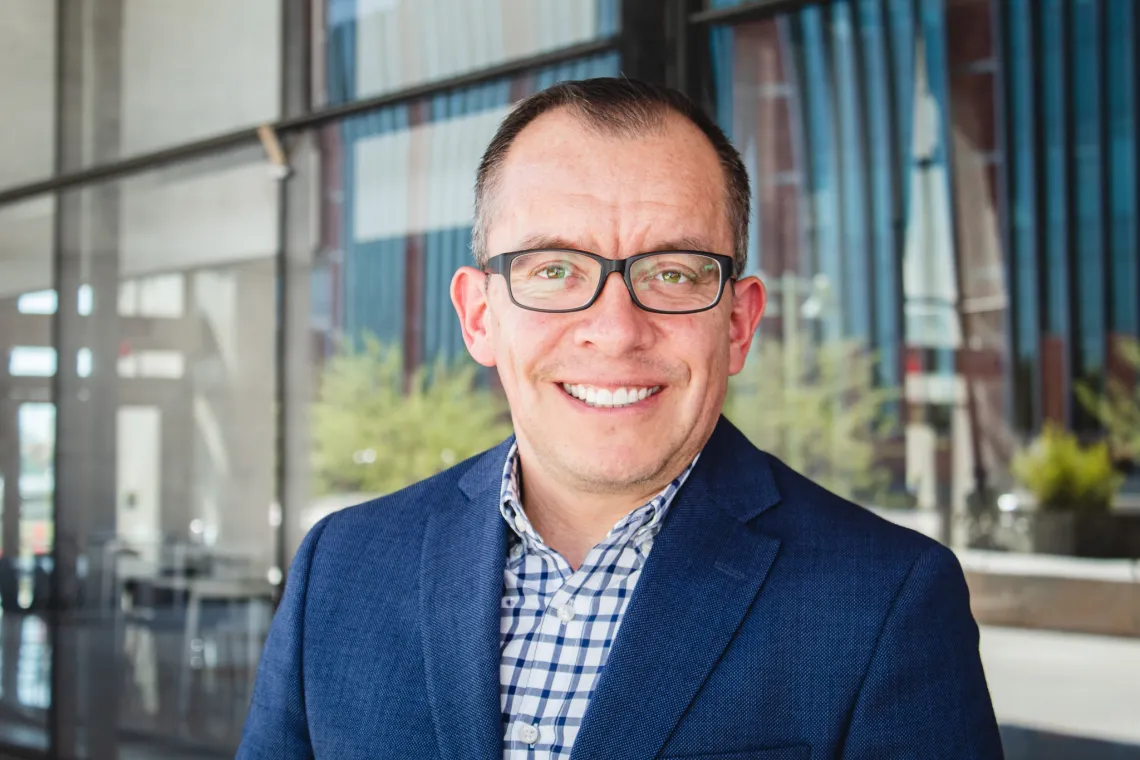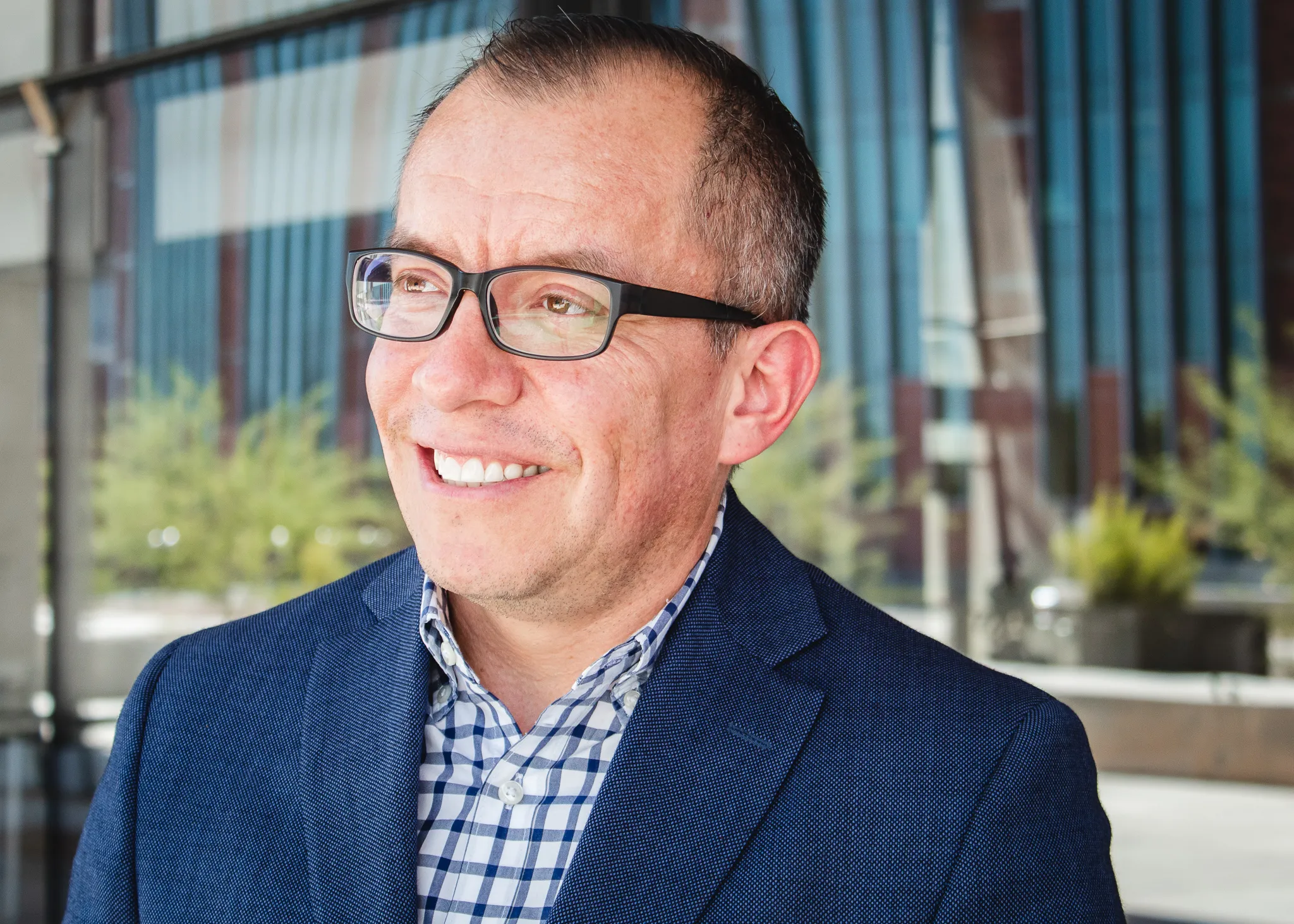Diversity & Inclusion Spotlight: Dr. Marlon Guerrero

Marlon Guerrero, MD, FACS, is an associate professor of surgery with University of Arizona Department of Surgery's Division of Surgical Oncology. He is also the department's vice chair of quality and performance.
Where are you from?
I'm originally from Ecuador but immigrated to San Francisco when I was eight years old.
What brought you to Tucson?
I moved to Tucson specifically to join the University of Arizona. My goal was to build an endocrine surgery center in a city that had a sizeable underrepresented Latino population. At that time, there were no other fellowship-trained endocrine surgeons in Southern Arizona.
What does diversity and inclusion mean to you?
Diversity and inclusion mean that every person or group of people, regardless of race, ethnicity, gender, religion, disability, or sexual orientation have an equal voice in society. For me, that translates to ensuring we provide the same quality of healthcare to all of our community members.
What are some obstacles you've overcome on your personal journey?
I grew up in an underserved neighborhood. Sadly, gangs were prominent, and we did not have any positive professional Latino role models. For instance, I didn't meet a Latino surgeon until I was in residency. There were many social factors I faced, and without going into detail, I will say that I am very fortunate that I survived to leave my neighborhood. However, the education system was dismal, and I graduated high school with 9th-grade reading comprehension and an understanding of 10th-grade math. But I was fortunate that a state university granted me admittance with remediation. Nevertheless, that was the opportunity I needed to get my life on track. From there, I graduated summa cum laude from college, AOA from medical school, and ultimately landed the #1 endocrine surgery fellowship program in the country. All I needed was an opportunity and someone to believe in me.
What strengths do you feel like your diversity has given you?
The biggest strength is resiliency. The challenges I faced growing up help me overcome the obstacles I encounter daily. More importantly, my experience allows me to interact with all groups of patients and people in general. I am a more effective leader because I have an open mind and willingness to embrace all aspects of a diverse people.

What is the importance of diversity and inclusion in surgery specifically?
Our demographics are changing. As our population becomes more diverse, we need leaders who represent each group. As a Latino surgeon, I hope I can pave the way for the next generation and show them that they can succeed despite the barriers they face. Surgery needs more diversity, and we are slowly moving toward a more diverse era. I am proud to be along this ever-changing journey.
How do you hope to see the field of surgery become more diverse and inclusive?
I've been thinking about this a lot lately. Ideally, we would want the current system to be amenable to providing under-represented individuals opportunity, similar to what was given to me. But the current system is not working. It takes individuals like me. Individuals who are in the minority and have achieved success need to pull others up and mentor the next generation. As we gain leadership positions, we need to make a conscious effort to recruit and build a more diverse surgical field. We are moving in the right direction but unfortunately not at the pace our society needs.

